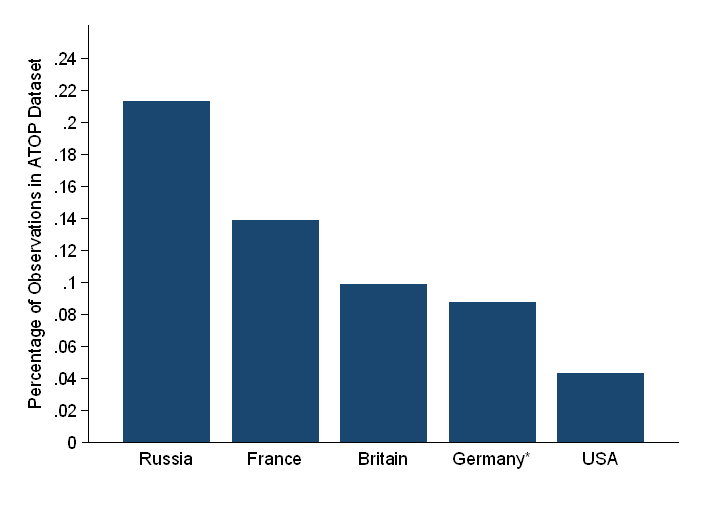I had a long talk with my Intro to IR students about Russia.
Was it because of current events? Partially.
But it was mostly because, when it comes to studying international security, Russia seems to always be at the center.
[THREAD]
Was it because of current events? Partially.
But it was mostly because, when it comes to studying international security, Russia seems to always be at the center.
[THREAD]
IR scholars think they are crafting broadly general theories of state behavior. Take Waltz& #39;s discussion of war in his 1956 book
Sounds pretty general, right? But think about some of the major wars of the past 200 years that influence our thinking about international politics....
The Napoleonic wars, namely Napoleon& #39;s biggest defeat...
....and World War II, especially Operation Barbarossa and the Nazi-Soviet war (or the Great Patriotic War, depending on where you are from).
Or think of the major military competition that consumed much of the mid-to-late 20th Century: the Cold War.
Or go back and think about the British Empire& #39;s worst military defeat: in Afghanistan. Why were the British there?
The common actor in all of these events? Russia.
Or think about the aftermath of the Berlin Wall& #39;s collapse. The one decade -- the 1990s -- where Russia is no longer viewed as a major security threat is also the time when people spoke of an "End of History"
Heck, even when @Jeopardy wants to have a question on international disputes, Russia is involved.
In short, the major wars that influence our thinking about international security involved Russia.
So are IR scholars studying why states fight war, or are we simply explaining Russia& #39;s foreign policy & reactions to Russia& #39;s foreign policy?
So are IR scholars studying why states fight war, or are we simply explaining Russia& #39;s foreign policy & reactions to Russia& #39;s foreign policy?
Stated differently, should  https://abs.twimg.com/emoji/v2/... draggable="false" alt="👇" title="Down pointing backhand index" aria-label="Emoji: Down pointing backhand index">have been the title to Waltz& #39;s book?
https://abs.twimg.com/emoji/v2/... draggable="false" alt="👇" title="Down pointing backhand index" aria-label="Emoji: Down pointing backhand index">have been the title to Waltz& #39;s book?
To further see Russia& #39;s influence, consider Russia& #39;s relative prevalence in our security data.
Related, notice Russia& #39;s dominance in our Alliance data (something that jumped out at me when writing my recent book).
Why is Russia so prevalent in the wars we study? Could be a host of explanations, but the most likely might be Size: Lost of borders -> Ease power projection https://twitter.com/ProfPaulPoast/status/1192582253282545664">https://twitter.com/ProfPaulP...
Keep in mind, none of this goes against the recent @Journal_of_GSS special issue on "American bias in International Relations." https://academic.oup.com/jogss/article-abstract/4/3/299/5521930?redirectedFrom=fulltext">https://academic.oup.com/jogss/art...
Instead, it reinforces the point of the special issue. After all, which country was and events were on the minds of American scholars during the formative post-1945 years of IR& #39;s development?  https://abs.twimg.com/emoji/v2/... draggable="false" alt="🤔" title="Thinking face" aria-label="Emoji: Thinking face">
https://abs.twimg.com/emoji/v2/... draggable="false" alt="🤔" title="Thinking face" aria-label="Emoji: Thinking face">
A lot more to say about this topic. But my students reacted to this lecture with  https://abs.twimg.com/emoji/v2/... draggable="false" alt="🤯" title="Exploding head" aria-label="Emoji: Exploding head">
https://abs.twimg.com/emoji/v2/... draggable="false" alt="🤯" title="Exploding head" aria-label="Emoji: Exploding head">
In sum, are we scholars of "international relations" or just "Russian foreign policy"?
Something to think about https://abs.twimg.com/emoji/v2/... draggable="false" alt="🤔" title="Thinking face" aria-label="Emoji: Thinking face">
https://abs.twimg.com/emoji/v2/... draggable="false" alt="🤔" title="Thinking face" aria-label="Emoji: Thinking face">
[END]
In sum, are we scholars of "international relations" or just "Russian foreign policy"?
Something to think about
[END]

 Read on Twitter
Read on Twitter
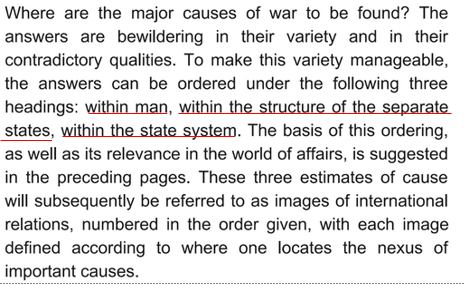
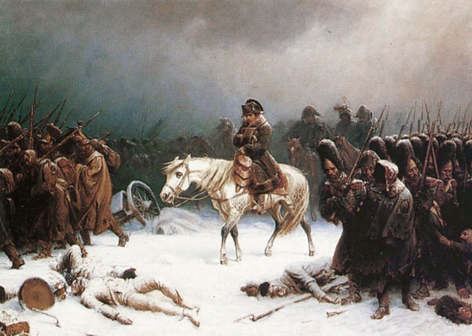
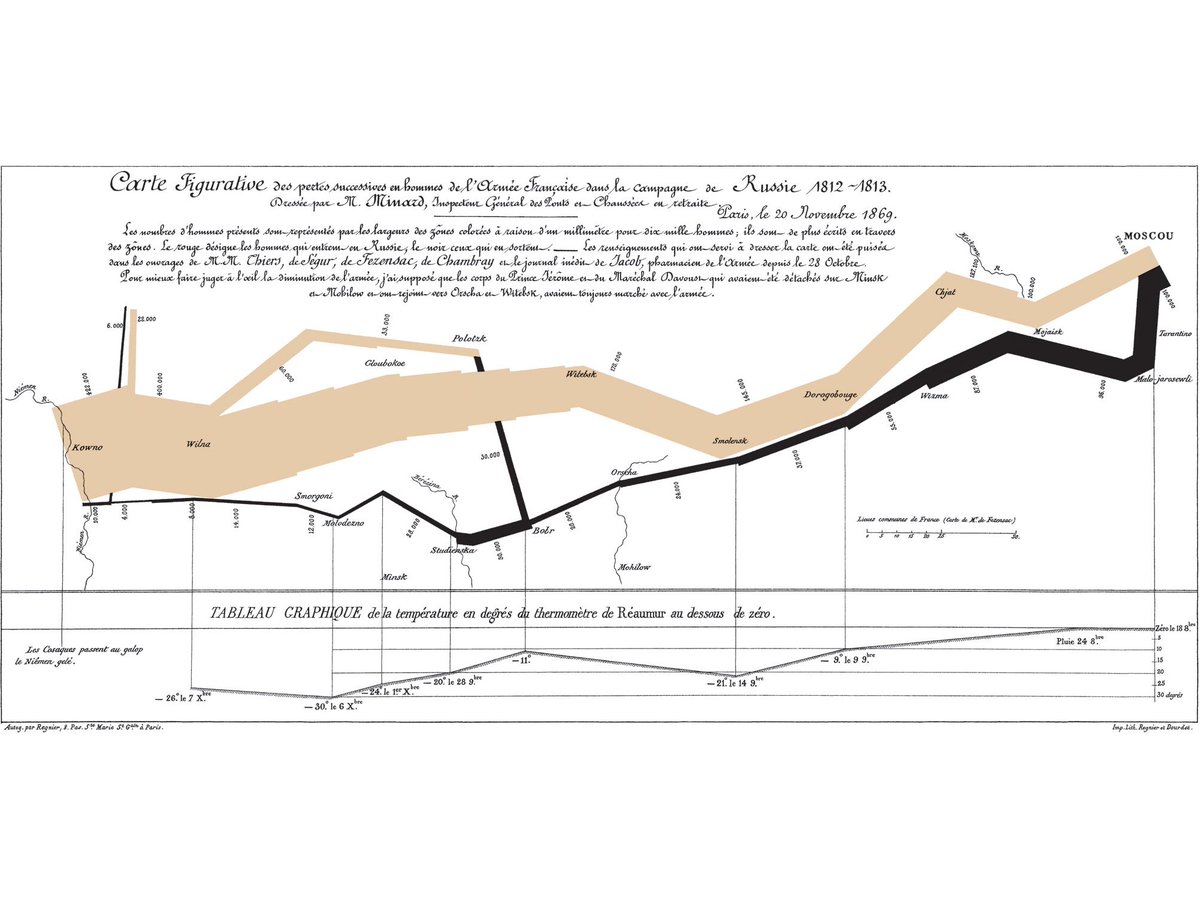
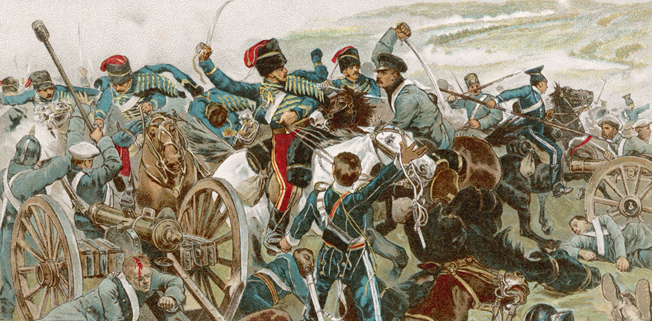
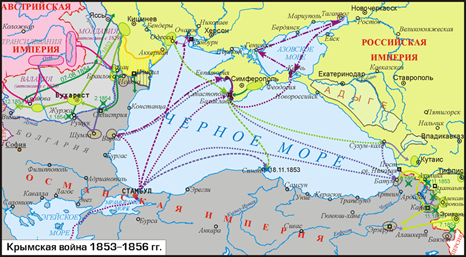
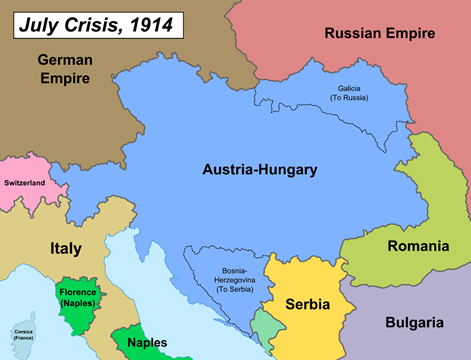
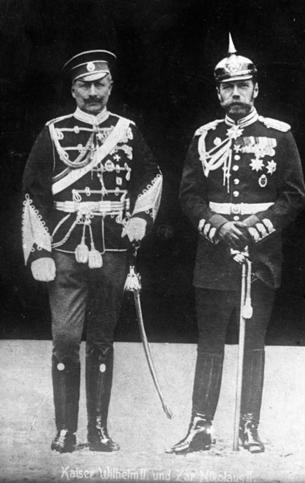
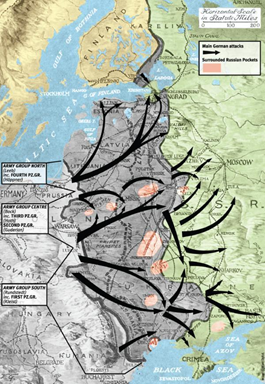


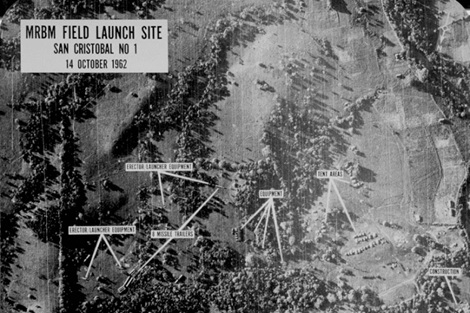

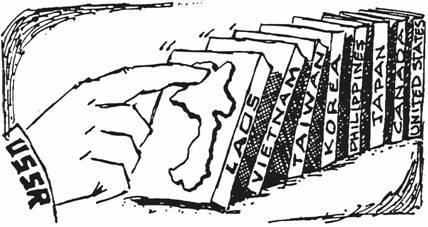

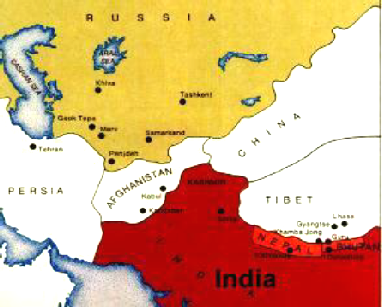

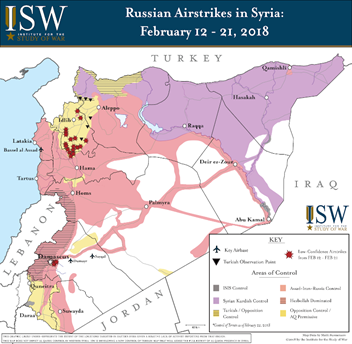
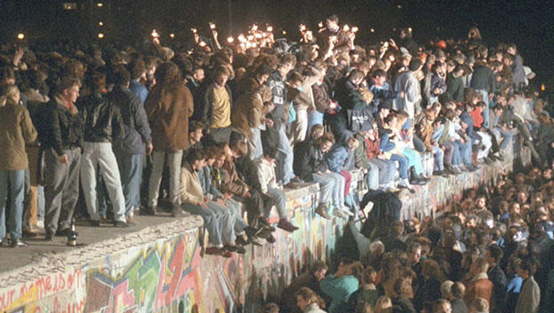
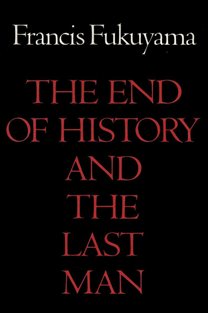
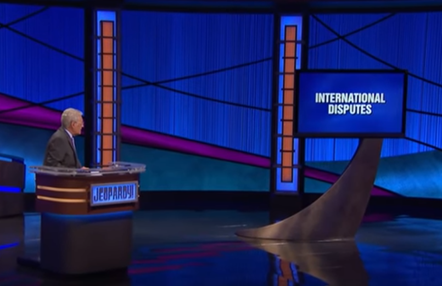
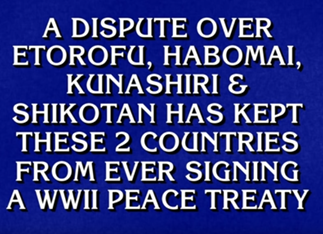

 have been the title to Waltz& #39;s book?" title="Stated differently, should https://abs.twimg.com/emoji/v2/... draggable="false" alt="👇" title="Down pointing backhand index" aria-label="Emoji: Down pointing backhand index">have been the title to Waltz& #39;s book?" class="img-responsive" style="max-width:100%;"/>
have been the title to Waltz& #39;s book?" title="Stated differently, should https://abs.twimg.com/emoji/v2/... draggable="false" alt="👇" title="Down pointing backhand index" aria-label="Emoji: Down pointing backhand index">have been the title to Waltz& #39;s book?" class="img-responsive" style="max-width:100%;"/>
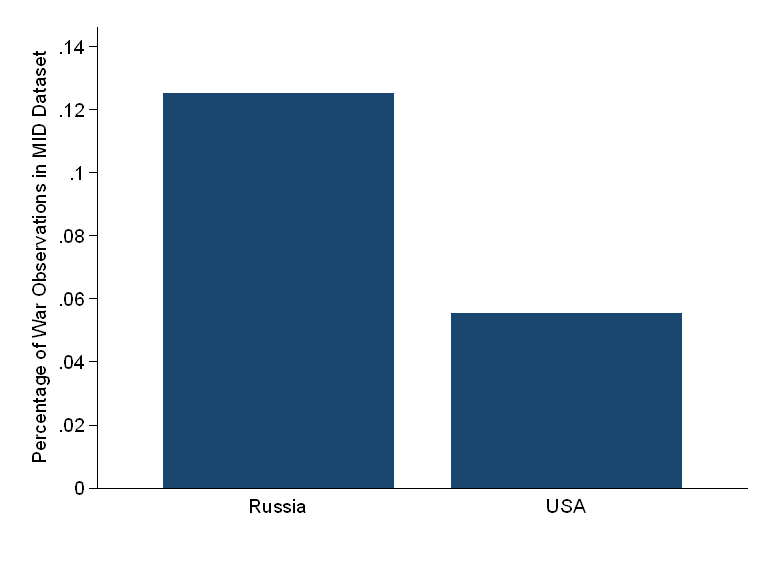 is involved in just under 6 percent of the wars in the Correlates of War Militarized Interstate Dispute dataset. That makes https://abs.twimg.com/emoji/v2/... draggable="false" alt="🇺🇸" title="Flag of United States" aria-label="Emoji: Flag of United States"> only the 2nd most frequent war participant. #1? https://abs.twimg.com/emoji/v2/... draggable="false" alt="👇" title="Down pointing backhand index" aria-label="Emoji: Down pointing backhand index">" title="https://abs.twimg.com/emoji/v2/... draggable="false" alt="🇺🇸" title="Flag of United States" aria-label="Emoji: Flag of United States"> is involved in just under 6 percent of the wars in the Correlates of War Militarized Interstate Dispute dataset. That makes https://abs.twimg.com/emoji/v2/... draggable="false" alt="🇺🇸" title="Flag of United States" aria-label="Emoji: Flag of United States"> only the 2nd most frequent war participant. #1? https://abs.twimg.com/emoji/v2/... draggable="false" alt="👇" title="Down pointing backhand index" aria-label="Emoji: Down pointing backhand index">" class="img-responsive" style="max-width:100%;"/>
is involved in just under 6 percent of the wars in the Correlates of War Militarized Interstate Dispute dataset. That makes https://abs.twimg.com/emoji/v2/... draggable="false" alt="🇺🇸" title="Flag of United States" aria-label="Emoji: Flag of United States"> only the 2nd most frequent war participant. #1? https://abs.twimg.com/emoji/v2/... draggable="false" alt="👇" title="Down pointing backhand index" aria-label="Emoji: Down pointing backhand index">" title="https://abs.twimg.com/emoji/v2/... draggable="false" alt="🇺🇸" title="Flag of United States" aria-label="Emoji: Flag of United States"> is involved in just under 6 percent of the wars in the Correlates of War Militarized Interstate Dispute dataset. That makes https://abs.twimg.com/emoji/v2/... draggable="false" alt="🇺🇸" title="Flag of United States" aria-label="Emoji: Flag of United States"> only the 2nd most frequent war participant. #1? https://abs.twimg.com/emoji/v2/... draggable="false" alt="👇" title="Down pointing backhand index" aria-label="Emoji: Down pointing backhand index">" class="img-responsive" style="max-width:100%;"/>
